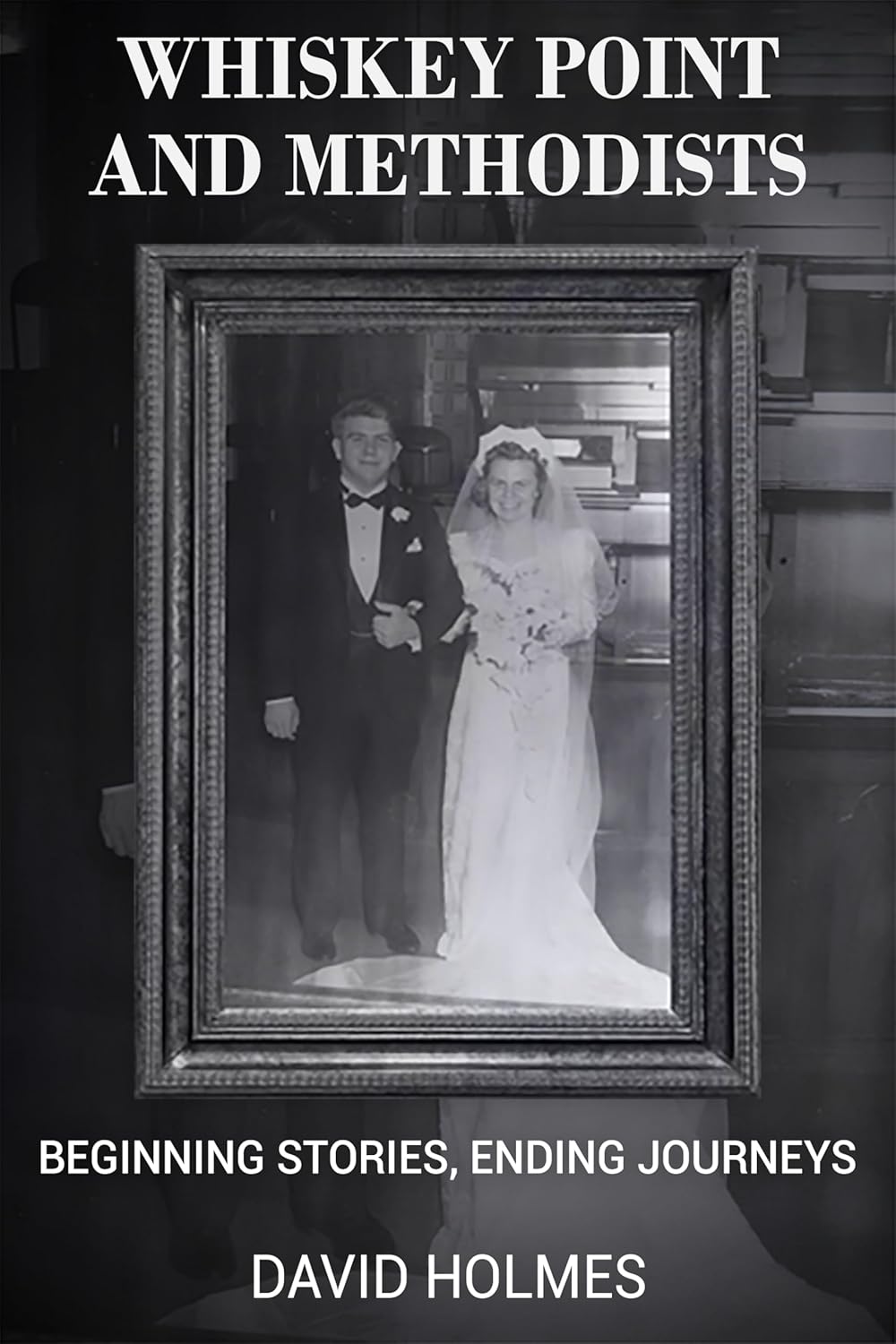
Reducing Speed in Order to Determine What’s Important
It’s easy to overlook the importance of slowing down in today’s fast-paced society. We live our lives multitasking, managing multiple screens, and frequently racing against deadlines. However, if we take a step back and look to the past, we may discover that some of the most valuable teachings still come from less complicated periods.
Life had a calmer rhythm before continuous alerts and everything was available right away. People knew their neighbors by name, prepared meals from scratch, and congregated on porches. It wasn’t flawless, but it was well-established. Furthermore, significant life lessons came from that slower, more intentional lifestyle.
Being Thankful for the Small Stuff
One of the most valuable lessons we can learn from simpler days is how to value the little things in life. People knew how to find joy in the simple things, whether it was a warm loaf of bread, a handwritten letter, or an afternoon stroll. Gratitude was a way of life, not just a term.
Many of us could benefit from having more of this attitude of being present, grateful, and grounded in our lives today. We start to notice the beauty in things we have overlooked for a long time when we slow down.
Everything was about the community.
Community was more than just an idea in prior generations. It was how people lived. Neighbors watched out for one another. Meeting places were churches, schools, and small businesses. Others showed up when someone was in pain.
In his memoir, Whiskey Point and Methodists, David Holmes wonderfully describes his experiences living in a tiny Michigan hamlet. Holmes uses real anecdotes to illustrate how shared values, faith, and friendship served as the foundation of daily existence. His writing softly reminds us that meaningfulness in life comes from connection, particularly face-to-face contact.
Integrity and Hard Work
Likes and followers were not indicators of success in those days. It was all about personality. People were proud of doing things correctly, even if it took more time. There was honor in labor and responsibility, whether it was raising kids, working the land, or repairing a broken fence.
Today, that feeling of responsibility and honesty may seem outmod, but it still has strength. It’s always fashionable to teach children to complete what they start, accept responsibility for their errors, and treat others with respect.
When Less Was More
Not only was life less complicated because there were fewer distractions and gadgets, but also because people lived with less and frequently felt wealthier as a result. Simplicity brought happiness by having fewer things, more time, and a clearer set of priorities.
This essence of simplicity is reflected in Holmes’s storytelling in Whiskey Point and Methodists. He uses ordinary events to demonstrate how less noise frequently equated to more peace, and how our personality was molded by those quiet, introspective times.
Moving Wisdom Forward
To embrace the values of simpler times, we don’t have to give up modern life or technology. We can bring their knowledge with us. Set aside time for meaningful conversations. Choose honesty over shortcuts. Keep an eye out for the happiness in everyday life. And sometimes, take a break long enough to consider what really counts.
